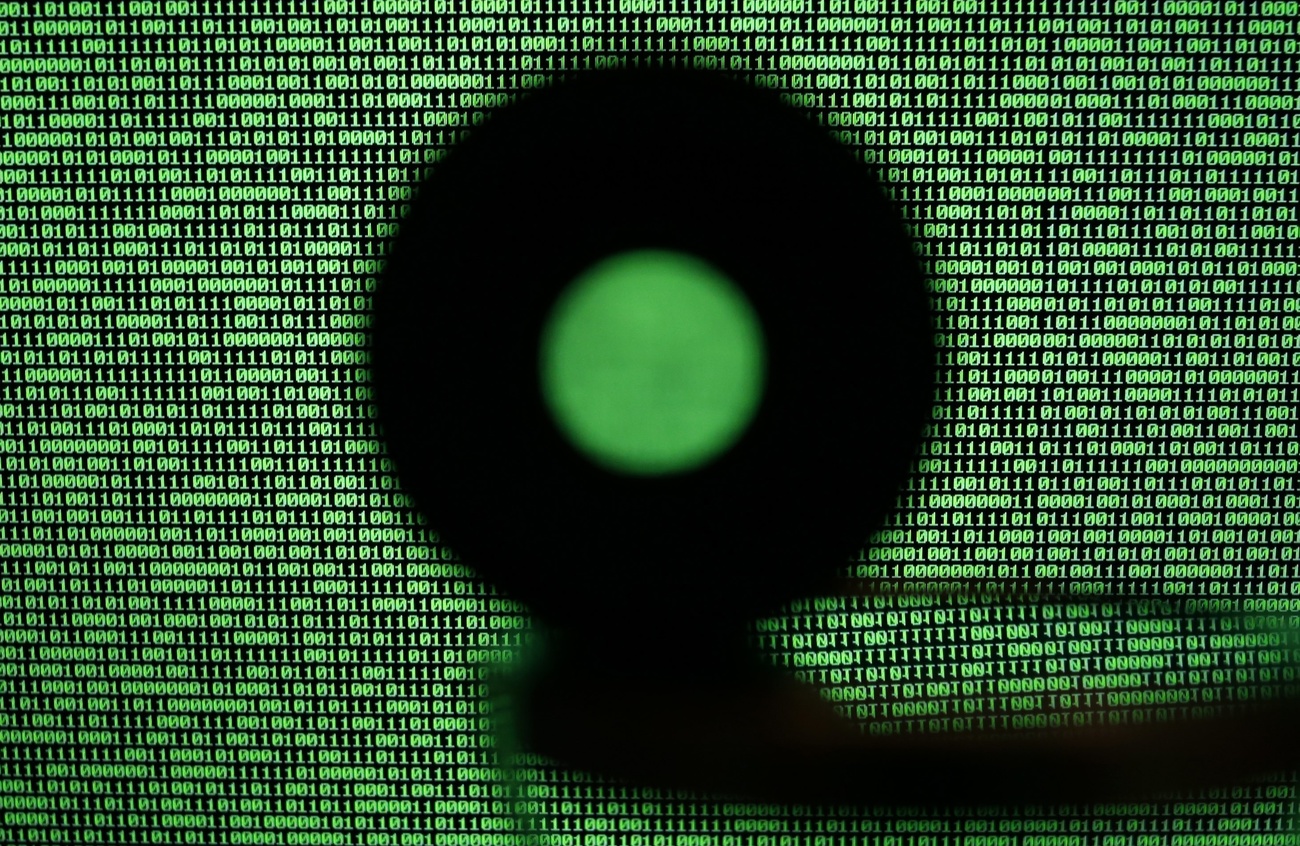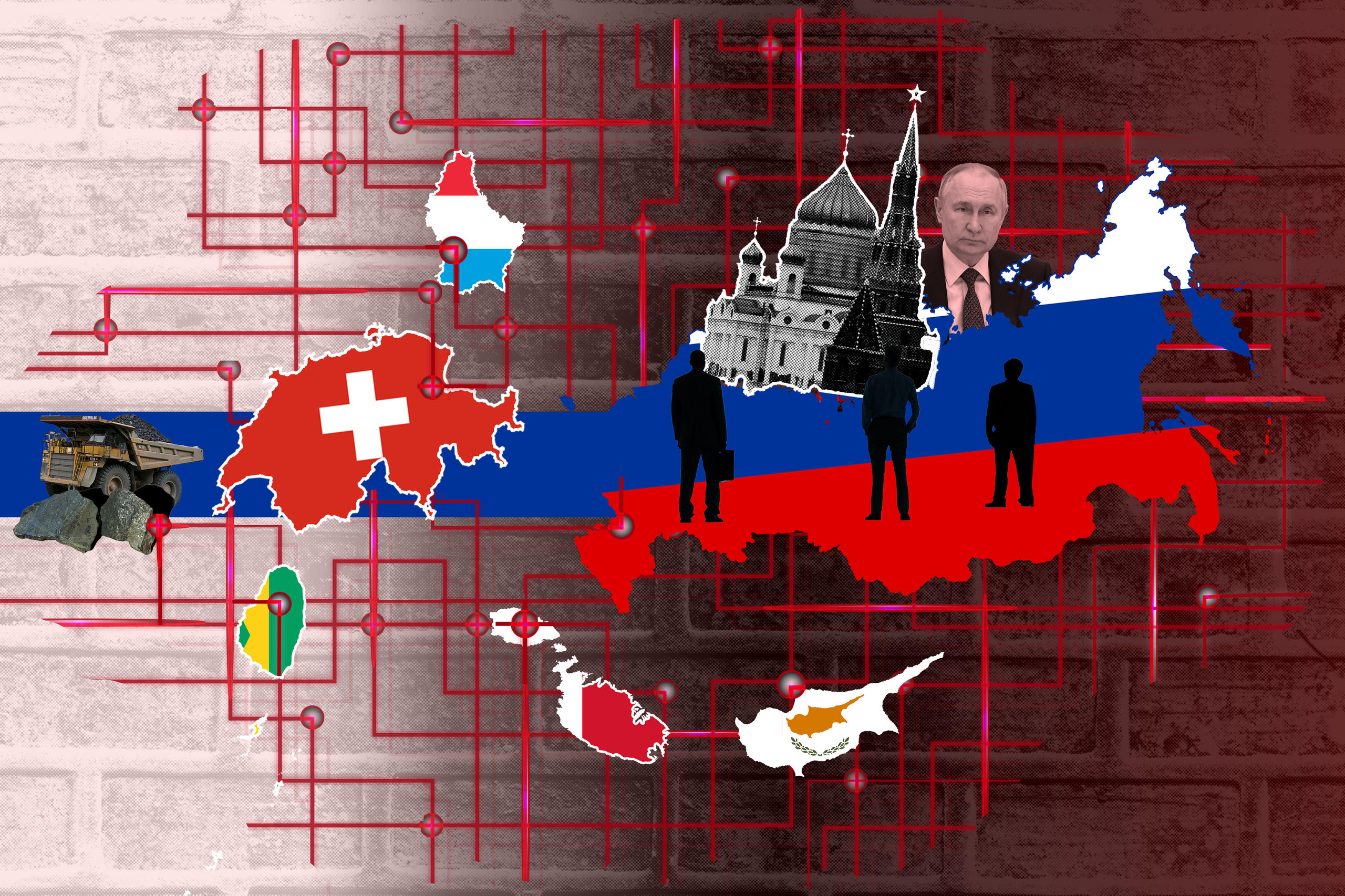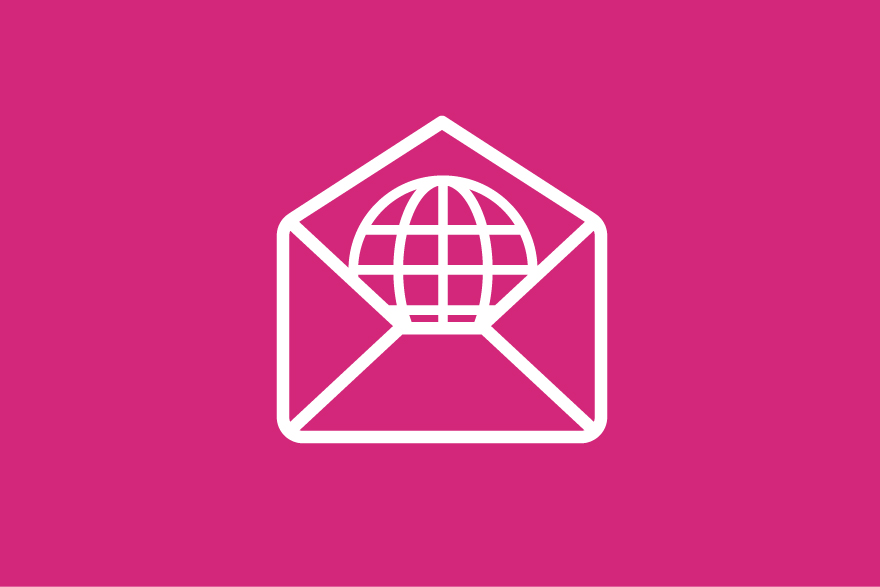How Swiss universities combat espionage from high-risk nations

Worsening geopolitical tensions are forcing Swiss universities to reconcile a desire for global cooperation with a growing list of tougher sanctions. Students, professors and research projects from China, Russia, Iran and other “high-risk” countries find themselves caught in the middle.
+ Get the most important news from Switzerland in your inbox
Swiss universities actively engage with counterparts around the world, tapping into a wide array of expert knowledge, different perspectives and cultures. “International collaborations provide a fertile ground for finding solutions to the major global challenges,” swissuniversities, the umbrella group for Swiss tertiary education, stated in 2022.
But intelligence services in Switzerland and other countries warn that cutting-edge research is also fertile ground for foreign espionage activities by unfriendly countries. Russia’s invasion of Ukraine, conflict in the Middle East and rivalry between the United States and China has lengthened sanctions lists in recent years.
+ Switzerland wants more China trade despite US sanctions
Last month, the federal technology institute ETH Zurich issued guidelinesExternal link on how it deals with the increasingly complex situation. This includes screening prospective students from high-risk countries for military or intelligence service links and also for collaborative research projects.
“If, for example, prospective students from a military-related university that has been sanctioned by other countries want to do a master’s in cyber security at ETH Zurich, we have to reject the applications based on the established criteria for security reasons,” ETH Zurich spokesperson Markus Gross told SWI swissinfo.ch.
Foreign universities under scrutiny
ETH Zurich, along with every other Swiss university, has to tread very carefully when dealing with at least 17 Chinese, 16 Russian and seven IranianExternal link educational institutions. Universities also have to consider research into so-called dual-use technologies, such as GPS, that could be used for both civilian and military purposes.
ETH Zurich says it recently published security screening measures online to clarify its existing obligations. It was designed to both inform foreign students who might want to apply to study at the university and to “fulfil its duty of care” towards its own staff by making sure they knew the relevant rules.

More
Switzerland’s secrecy blind spot hinders sanctions enforcement
But the post on the ETH Zurich website has generated a lot of criticism on Chinese social media, perhaps under the misapprehension that this is a new rule. The Chinese social media posts, as seen by SWI swissinfo.ch, complain mainly of discrimination.
“Shameful moment”
“This would be one of the most shameful moments in the history of ETH Zurich,” one Chinese student, currently studying at ETH Zurich, wrote in the comments section of the webpage. “This institution, once celebrated for its independence, autonomy, commitment to science, and fairness, has now lost those very values.”
“I urge the university to seriously reconsider and revoke this decision,” the Chinese student wrote.
But all Swiss universities have as much duty to observe sanctions adopted by the Swiss government as commercial companies.
Security screening has also been directed at Russian students, professors and researchers since the 2022 invasion of Ukraine.
Earlier this year, the Beobachter magazine interviewed Russian students studying in Switzerland at a range of universities about the screening measures.
Breach of academic freedom?
Rejecting Russian student applications in this way is a “fundamental breach of academic freedom”, said one student called Irina. “We are being condemned for the crimes of a regime whose course we do not approve of.”
“All learning content at master’s level is open source anyway. What secrets could I pick up there?” said Danyil.
Swiss universities have individual responsibility for implementing security screening relating to international sanctions. “These topics are dealt with by the universities within the scope of their autonomy and respective legal bases,” said swissuniversities.
But the European Union is attempting to unify the response of member states to the threat of research espionage. In May, the European Council adopted a list of 14 non-binding recommendations for universities and other research institutions to counter “undesirable transfer of knowledge, foreign interference, and ethical or integrity violations”.
Edited by Veronica De Vore/ts

More
Our weekly newsletter on foreign affairs

In compliance with the JTI standards
More: SWI swissinfo.ch certified by the Journalism Trust Initiative










You can find an overview of ongoing debates with our journalists here . Please join us!
If you want to start a conversation about a topic raised in this article or want to report factual errors, email us at english@swissinfo.ch.